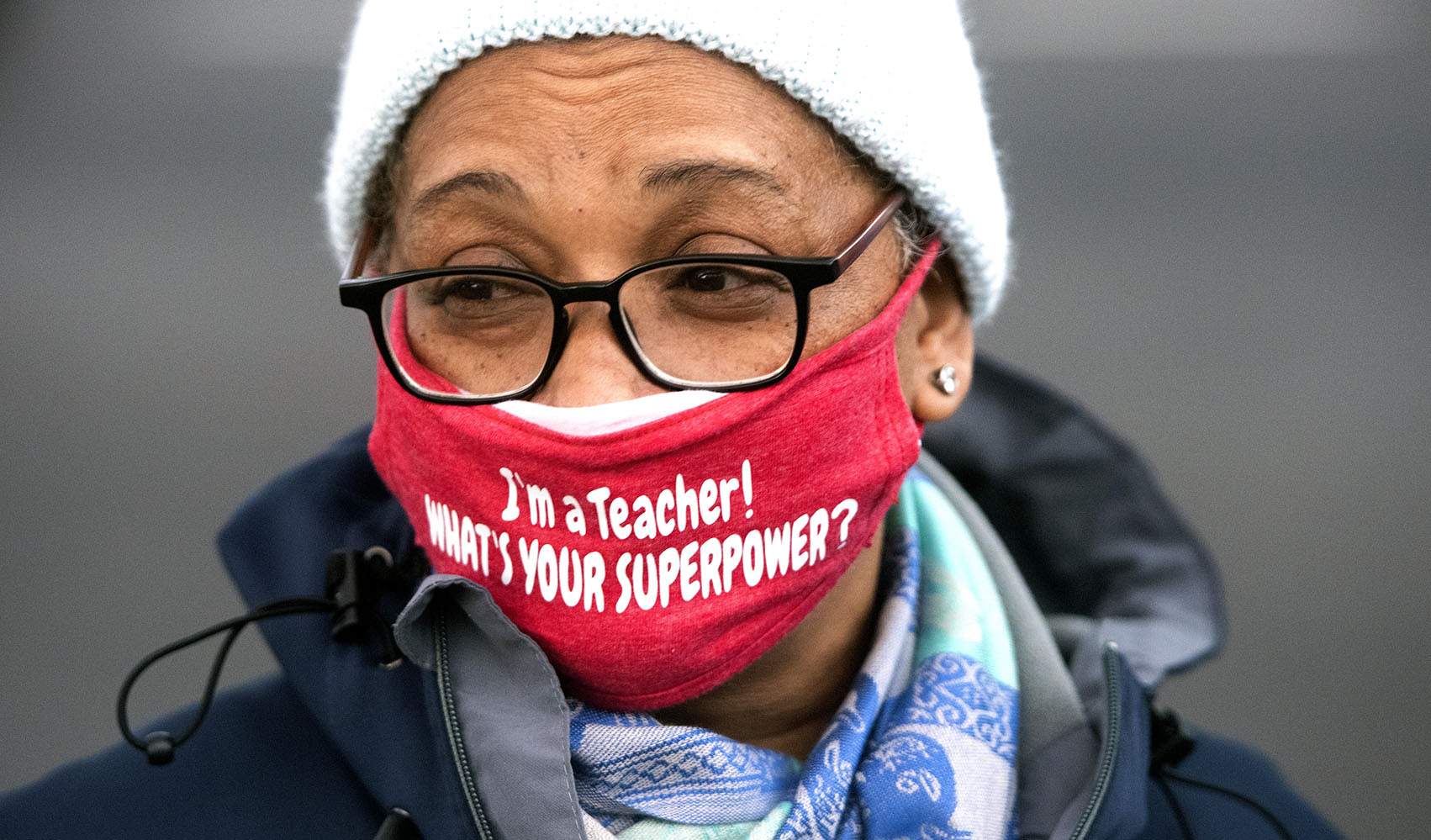First published by ISS Today
Protests in South Africa, like the economic fallout of the Covid-19 lockdown, are here to stay. The pandemic has exposed socio-economic weaknesses resulting from poor policy implementation and a fundamental failure of political leadership.
The country is currently caught in myriad corruption scandals linked to politically connected people stealing funds meant to help tackle the Covid-19 pandemic. So we can expect to see increasing numbers of angry South Africans taking to the streets to express their frustration and disgust at a political elite believed to be out of touch with the plight of ordinary people.
A disturbing recent example in the Eastern Cape involved Raymond Mhlaba Municipality chief whip Lindelwa Penisi. She was caught on video swearing at community members who had endured an unreliable water supply for months. Penisi reportedly redirected a water tanker to another area allegedly to “punish” her “political detractors”. One of the phrases she used was “I don’t give a damn!” reflecting the common view that political leaders don’t care.
The gulf between the political elite and ordinary people was again on display when the leader of the Cape Town movement Gatvol (loosely translated as “we’ve had enough”) Fadiel Adams called for a shut down of the city. Resulting protests led to running battles with police who seemed ill equipped to deal with the angry crowds.
The 2019 national elections witnessed the lowest turnout in any of the six elections since 1994, suggesting that many South Africans are giving up on their democracy. However they haven’t given up on voicing their frustration. And if the trends are anything to go by, the tough lockdown imposed by the government will result in many more protests as economic hardship and hunger sweep the nation.
The Institute for Security Studies Protest and Public Violence Monitor has been tracking and reporting on demonstrations across the country since January 2013. Although some events are missed if they aren’t reported on by the media and other sources, the monitor provides a good indicator of trends over time.
The average over the past seven years has been 2.26 protests daily. Until now the highest number of incidents were recorded in 2013 and 2014 with more than three protests a day. This period was followed by reductions to nearly one per day in 2018 when Cyril Ramaphosa became president. The number started growing steadily again in 2019 to about 2.5 a day on average.
During the lockdown period of 27 March to 31 July 2020, a total of 511 protests were recorded. A worrying trend is the substantial increase in the number of events over the past couple of months. From 1 to 26 March, before the lockdown, there were 42 demonstrations, an average of nearly two a day. Between 27 March and 30 April during the strictest lockdown phase, 59 protests were recorded, an average of two daily.
From 1 to 31 May, when lockdown was eased slightly, there were 51 protests, an average of two per day. Lockdown was further relaxed in June, when 169 events were recorded – an average of six daily. During July, 232 demonstrations took place, an average of eight a day and three times more than what has been recorded historically in July. It is the highest number ever recorded in a single month since January 2013.
Scroll down to load comments... |




 CAPE TOWN, SOUTH AFRICA - JUNE 25: A group of people including teachers, parents and members of the community demonstrate against the reopening of schools at the intersection of Joe Marks and M5 during lockdown level 3 on June 25, 2020 in Cape Town, South Africa. It is reported that the group stated that the safety of children is being compromised by re-opening schools at the height of the COVID-19 pandemic and at the start of winter. (Photo: Brenton Geach/Gallo Images via Getty Images)
CAPE TOWN, SOUTH AFRICA - JUNE 25: A group of people including teachers, parents and members of the community demonstrate against the reopening of schools at the intersection of Joe Marks and M5 during lockdown level 3 on June 25, 2020 in Cape Town, South Africa. It is reported that the group stated that the safety of children is being compromised by re-opening schools at the height of the COVID-19 pandemic and at the start of winter. (Photo: Brenton Geach/Gallo Images via Getty Images)